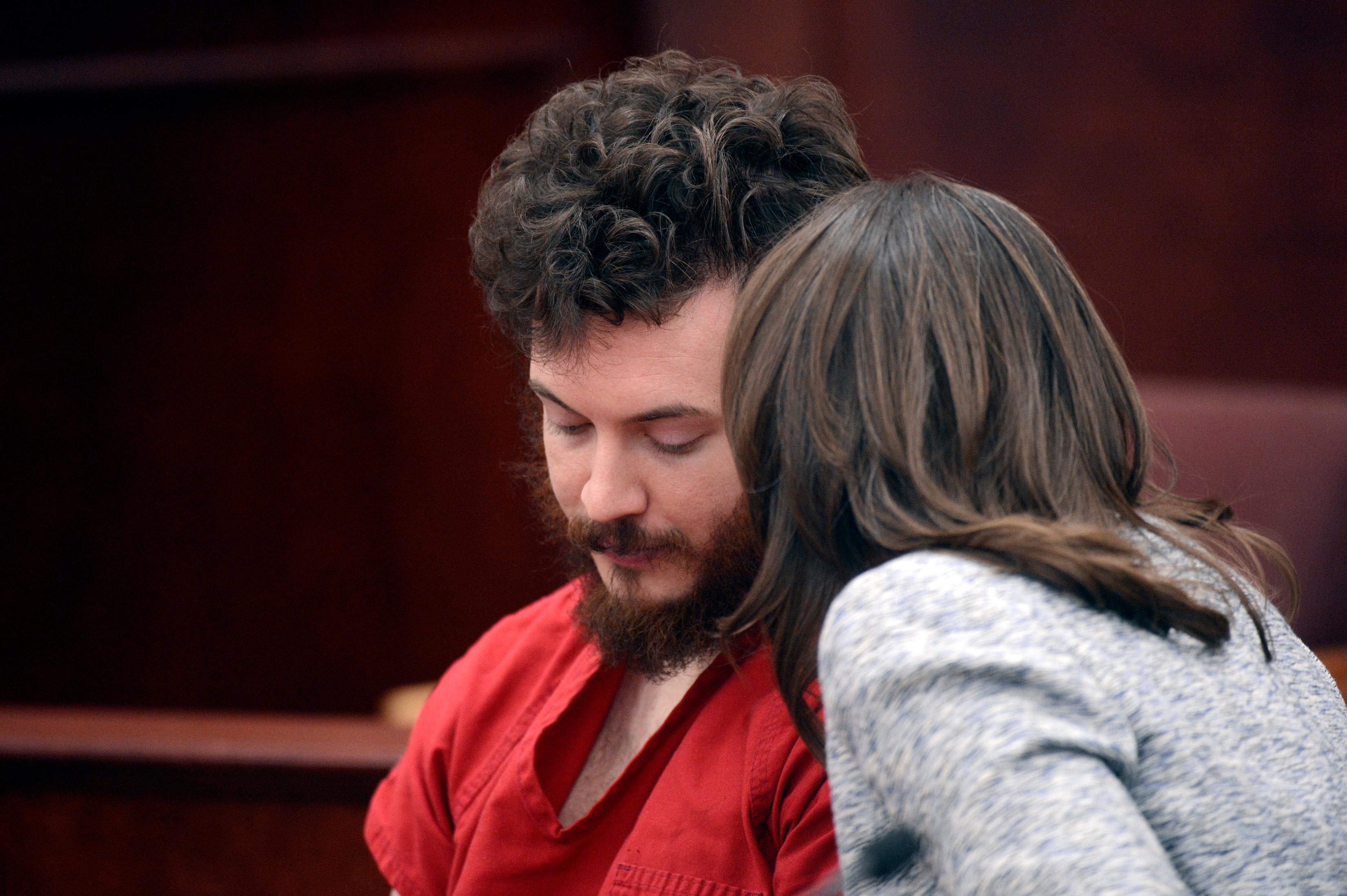
If James Holmes is found not-guilty by reason of insanity in the Aurora theater shooting, he'll live indefinitely at the Colorado Mental Health Institute in Pueblo. The hospital is more than a century old and the only one in the state that houses adults who have been through the legal system.
Holmes' lawyers are arguing that their client was insane when he killed 12 people and injured 70 others on July 20, 2012. Prosecutors are seeking the death penalty.
However, if Holmes' attorneys prevail, he will be housed in secure unit of the Pueblo hospital, according to Scott Humphreys, a forensic psychiatrist in Denver. Humphreys has done pre-trial and post-trial evaluations at the facility.
“It feels very much like going to visit a jail or a prison," says Humphreys. "When you approach the desk, there is somebody that appears official... that's there to take your information down and make sure you have the appropriate credentials."
After living at the facility for 180 days, Holmes could theoretically submit a request for release, but psychiatrists say Holmes' is unlikely to ever be released. Humphreys says that in general, people who are found not guilty by reason of insanity, spend more time in a hospital than in a prison.
Humphreys says the insanity defense is uncommon; it's used in less than 1 percent of trials and rarely successful.
One well-known exception is John Hinckley, Jr., who was found not guilty by reason of insanity in the attempted assassination of President Ronald Reagan and shooting of White House spokesman James Brady in 1981. Hinckley was committed to St. Elizabeth's Hospital in Washington, D.C., but has been granted conditional release for visits to his mother in Williamsburg, Virginia.
The insanity defense dates back to Babylonian times but more recently to English law and something know as the "wild beast test."
“So -- in other words -- if somebody was impaired as much as a wild animal was, they couldn’t be held responsible for their own behavior,” says Humphreys.
About 9,000 potential jurors have received summonses in the Holmes trial, which gets underway today.









